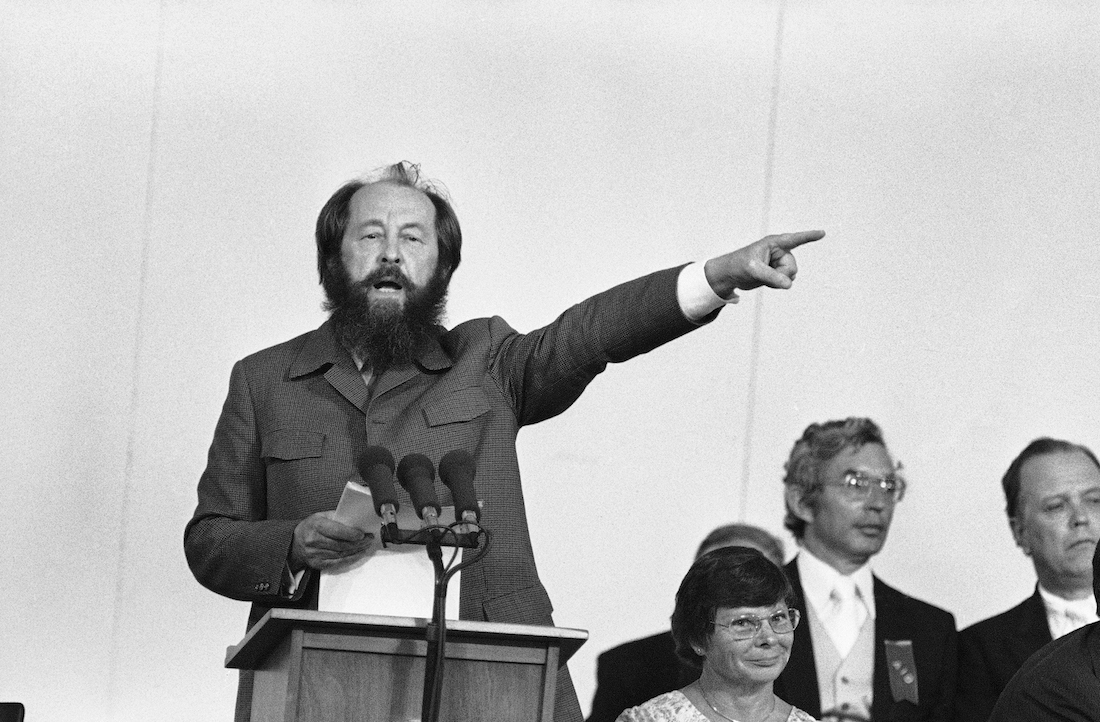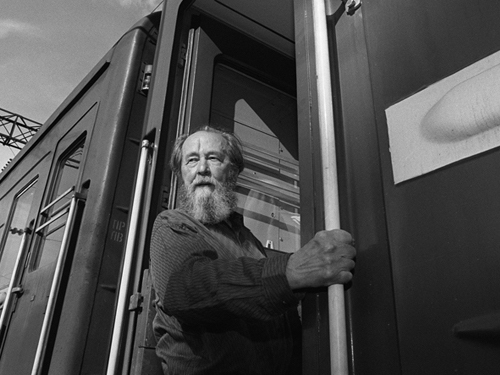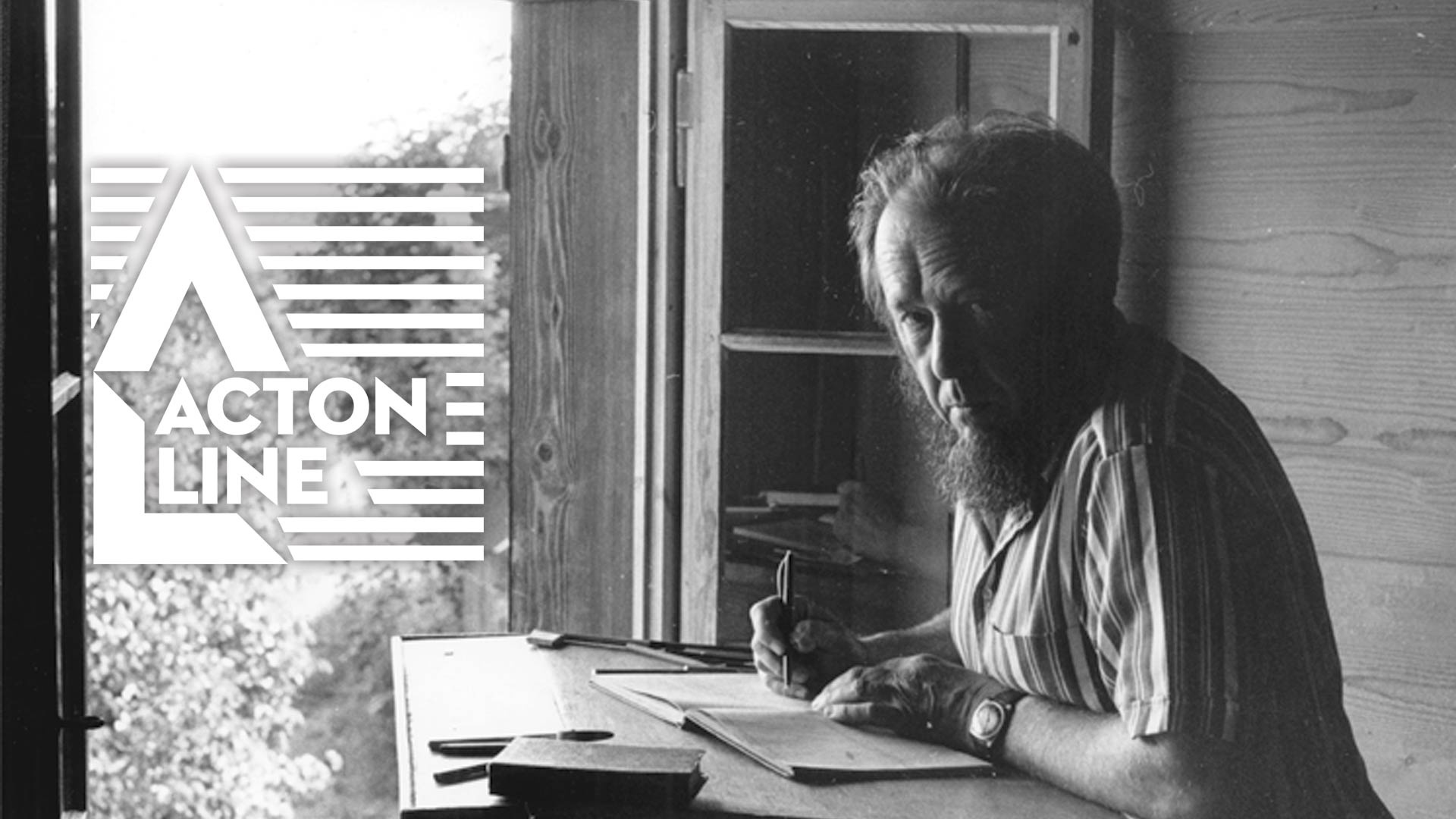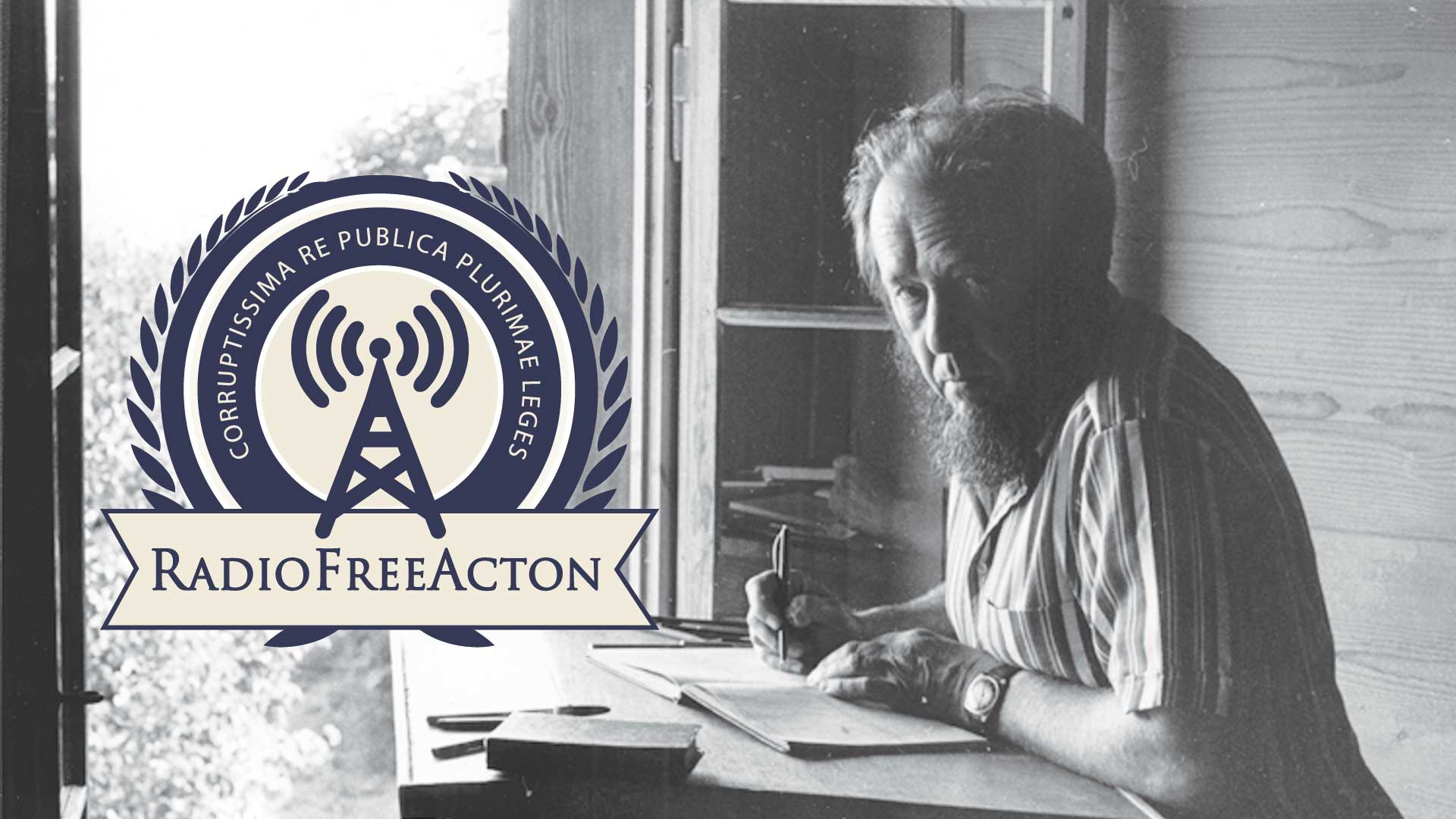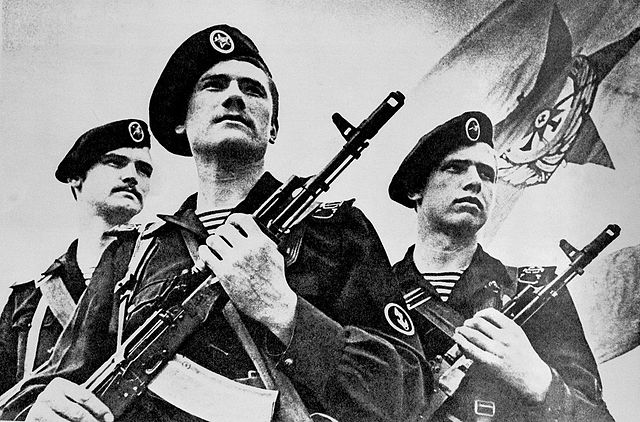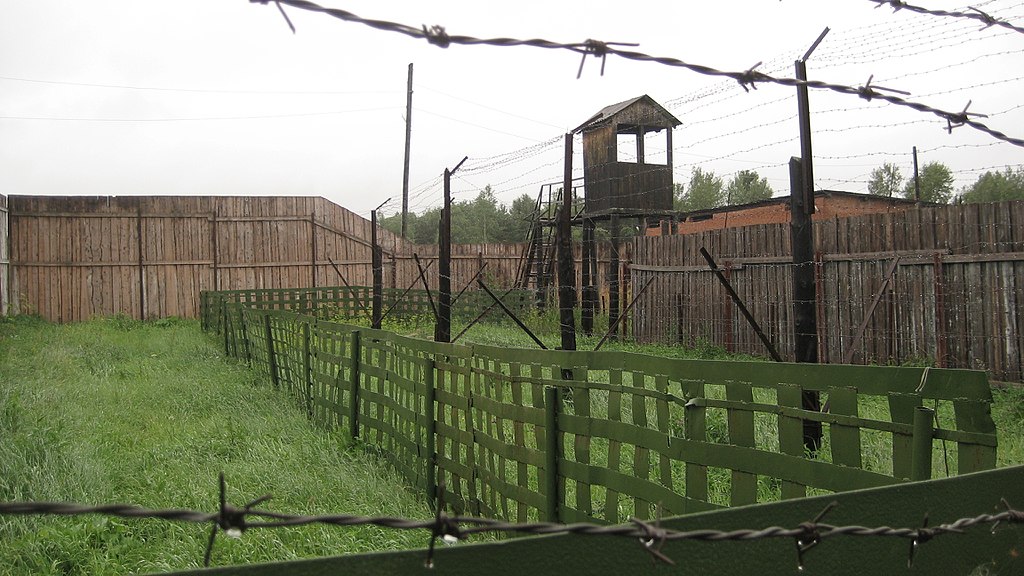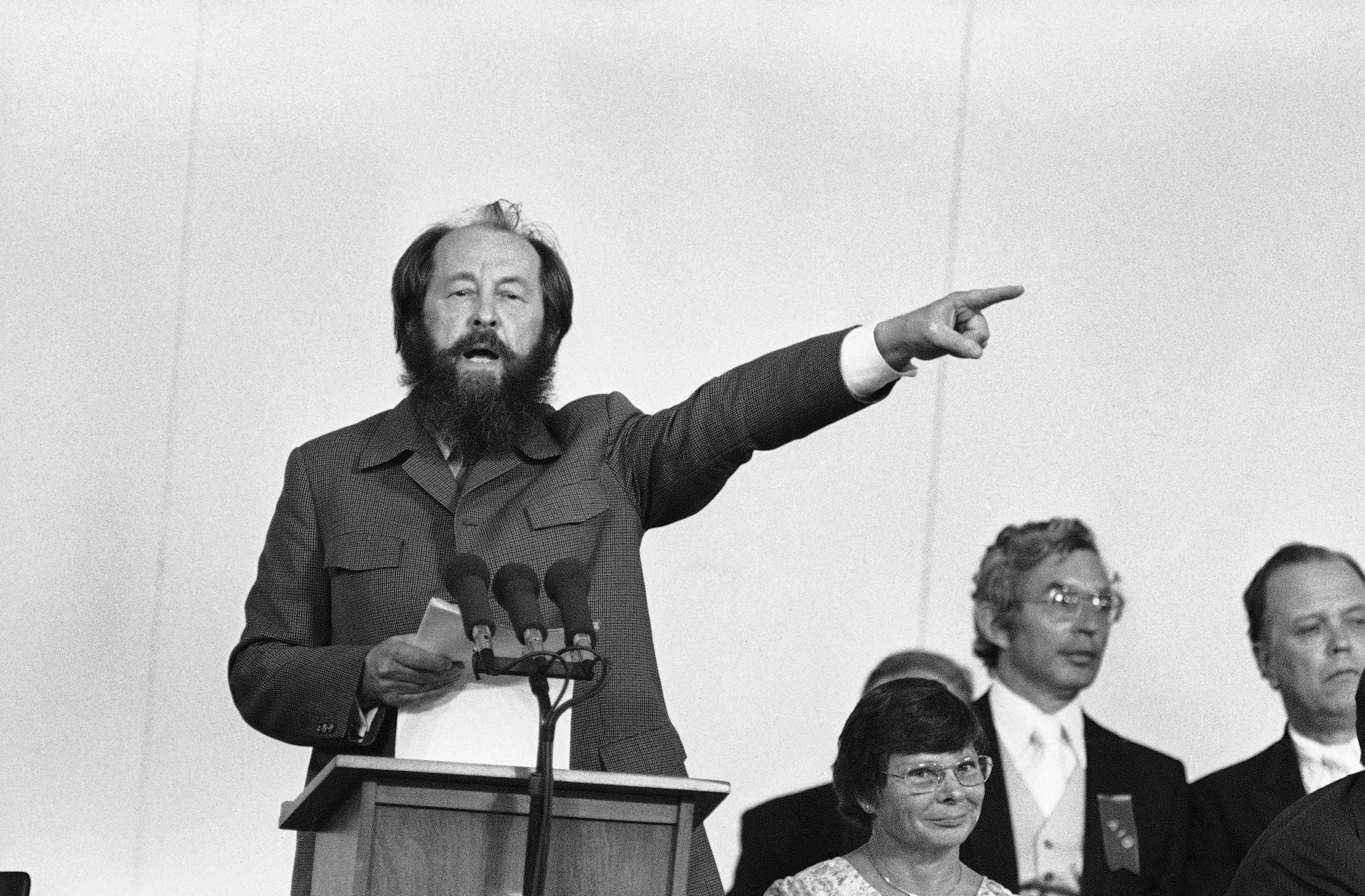January 14, 2021
Solzhenitsyn: Prophet to America
Solzhenitsyn and American Culture: The Russian Soul in the West. David P. Deavel and Jessica Hooten Wilson, eds.
University of Notre Dame Press. 2020. 392 pages.
English literature scholar Ed Ericson told a story about teaching Aleksandr Solzhenitsyn’s Gulag Archipelago to American undergrads, who knew plenty about the Nazi Holocaust of the Jews and other dehumanized minorities but next to nothing about the genocidal history of the Bolshevik and Stalinist regimes. Continue Reading...
